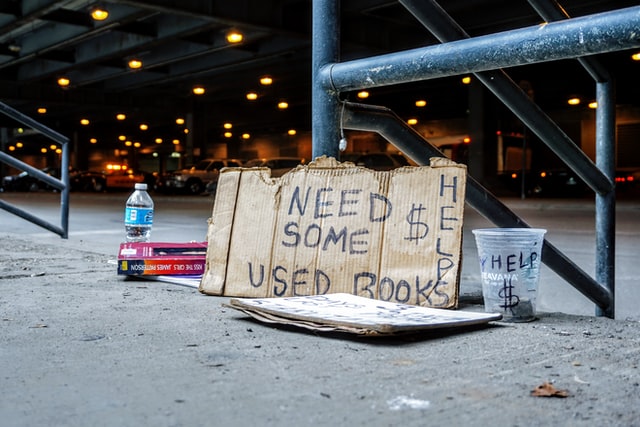When many parents finally figure out how they will be able to afford the high costs of college tuition, they are then taken aback when they realize the outrageous rates that they will have to pay for college textbooks. These parents are left wondering why college textbooks are so expensive. One textbook by itself can sometimes cost more than $500 in some instances.
There is not a simple response that is plain that can be given to this question. The publishers believe that this is mainly owing to the fact that textbooks become obsolete within just a couple of years of the date of release. As a result, the high cost of the books is meant to assist offset the expenses of creating so many textbooks each year.
Another aspect that must be taken into consideration is the fact that, in contrast to other types of fiction publications, textbooks almost never have a single author. In point of fact, a group of authors and editors is typically behind the creation of a standard college textbook. This means that in addition to attempting to recuperate the expenses of printing, the prices of these textbooks also need to be set in such a way as to provide some kind of recompense to the authors and editors who actually undertake the research and compile the information that is contained in the volumes.
There is a possibility that there is a further, more covert factor that contributes to the high cost of college textbooks. The reason for this is that they are sold at used bookstores, which contribute significantly to their high prices.
During the middle of the 1970s and the early 1980s, secondhand bookstores began to play an increasingly important role in the culture of universities. Before this point in history, the price of a college textbook was roughly equivalent to the price of a “normal” hardcover novel. This was due to the fact that the majority of individuals kept their undergraduate textbooks and used them to establish the foundation of their professional library.
In today’s world, just a small fraction of students really keep their textbooks after a certain class has ended. The vast majority of individuals feel that they can locate any information that they might require in the future online, which is why there is no purpose to keep massive, cumbersome texts. Because of this, the concept of college used textbook stores emerged.
This arrangement poses almost no danger to the bookstores, but it does cost publishers (and, by extension, customers) hundreds of dollars and leads to higher book prices. When a bookshop orders brand new copies of textbooks directly from the publisher, the price of those textbooks is automatically raised.
When they buy the book for $73.50 and then raise the price by $26.25 to $99.75, it’s already a price increase of 35.7 percent that the student has to pay for. There is a possibility that the author will receive $11 from the sale of that book; alternatively, the $11 may be split among the panel of authors and editors.
The retailer will only pay the student anywhere from 25 to 50 percent of the book’s original price, which is somewhere about $39.90, when the student sells the book back to the business. After that, the bookstore will resell that book, possibly for $75 more. The bookshop keeps each and every penny of the money that customers spend there. The publisher and the authors receive no portion of the profits from the resale of their works.
Even more unfortunate is the fact that the majority of publishing houses offer a few free copies to professors so that they can evaluate them when choosing materials for their classes. Many of these books also find their way into used bookstores, where they bring in additional revenue for the original retailer.
The answer to the question “why are college textbooks so expensive?” is simple to arrive at when all of these different considerations are taken into account. It’s possible that now is the right time to think about opening your very own used bookstore with the books you’ve been hoarding.
You might also think about renting your college textbooks instead of purchasing them outright [http://www.rentyourcollegetextbooks.com/]. This is an alternative option. This might save you up to seventy-five percent of the amount that you would normally pay at the bookshop on your campus. You can see how this can add up to a significant savings, considering how expensive textbooks are these days in colleges and universities.
After the conclusion of your class, there is no requirement for you to keep any large, old, dusty books; rather, you can just return them to the rental firm and take advantage of the free shipping offer.



